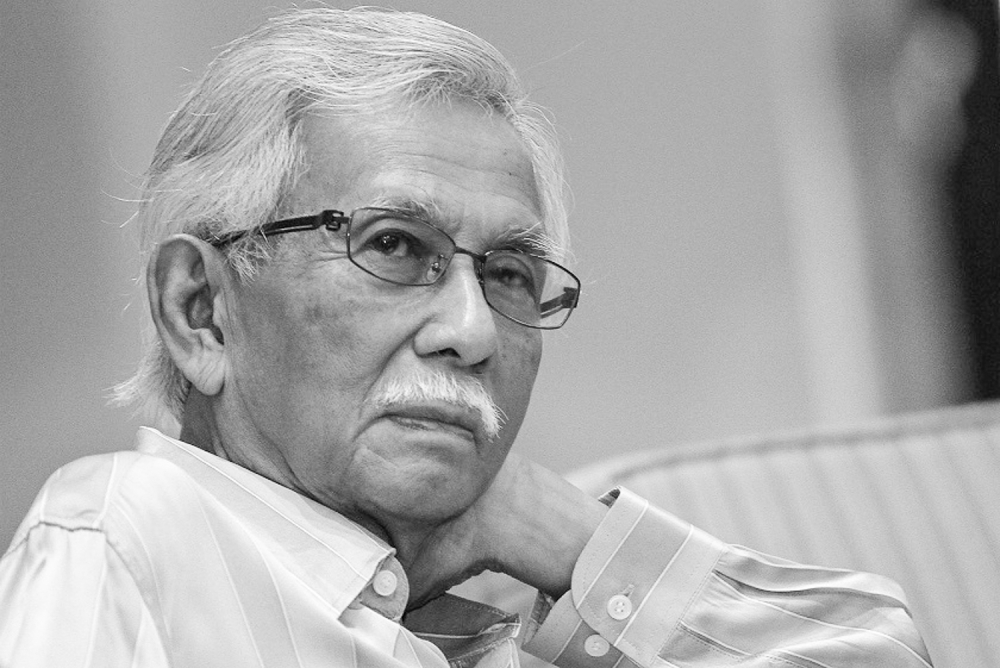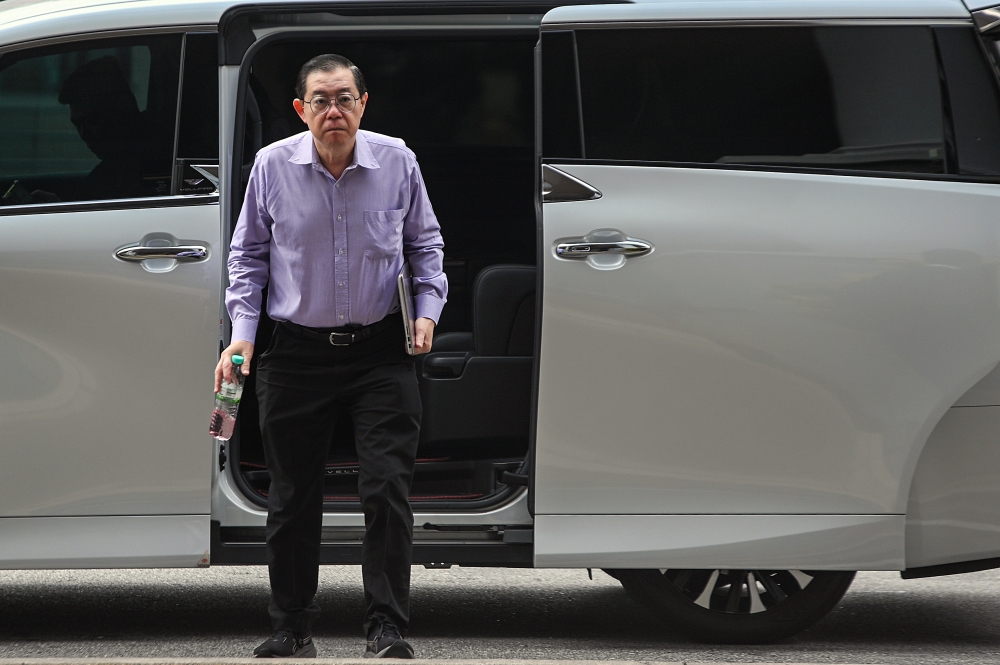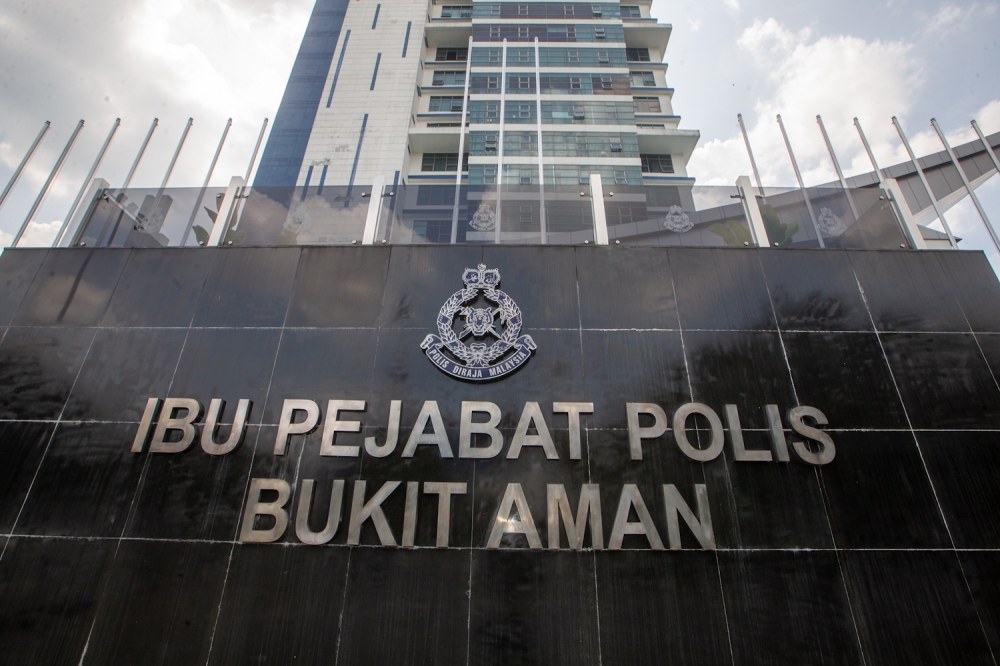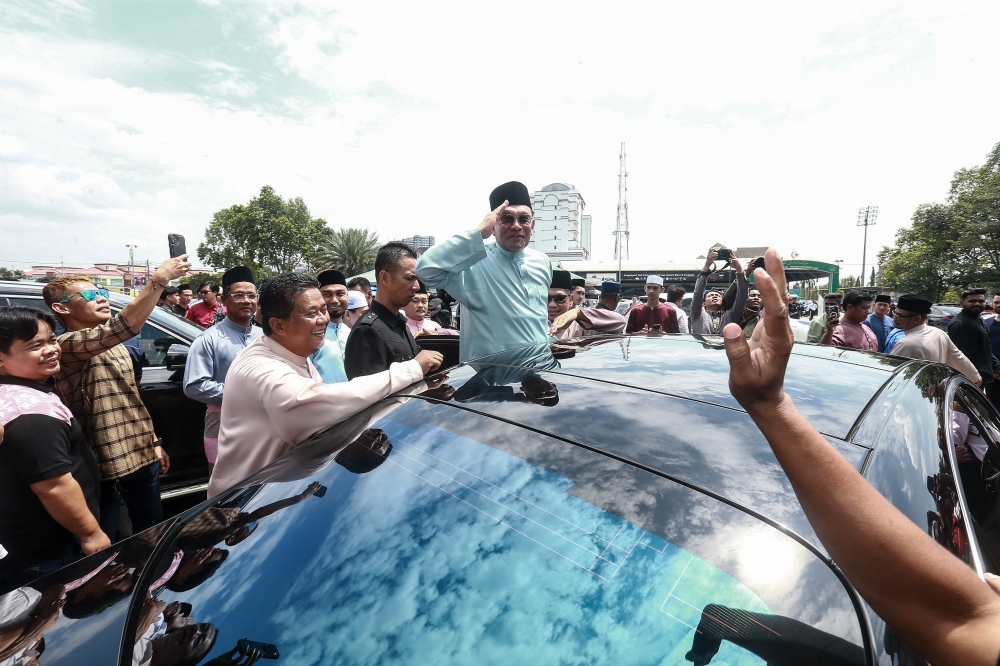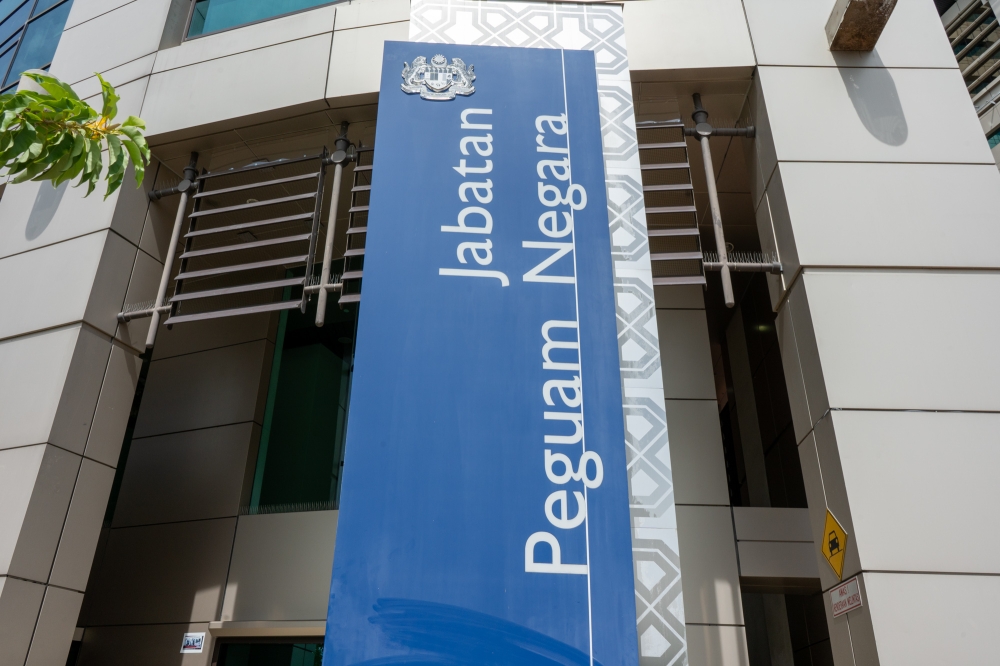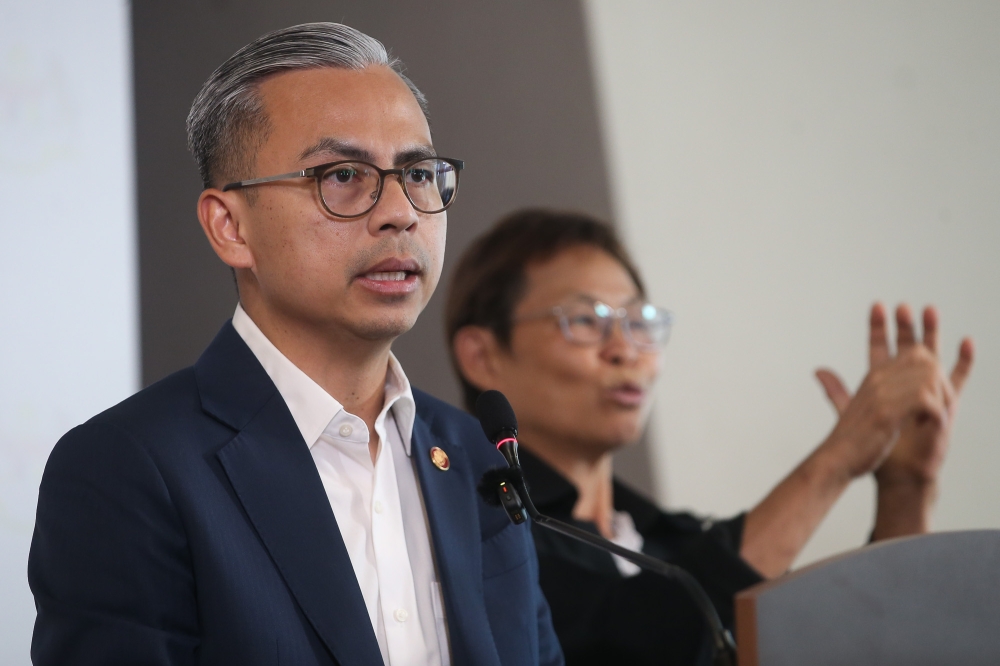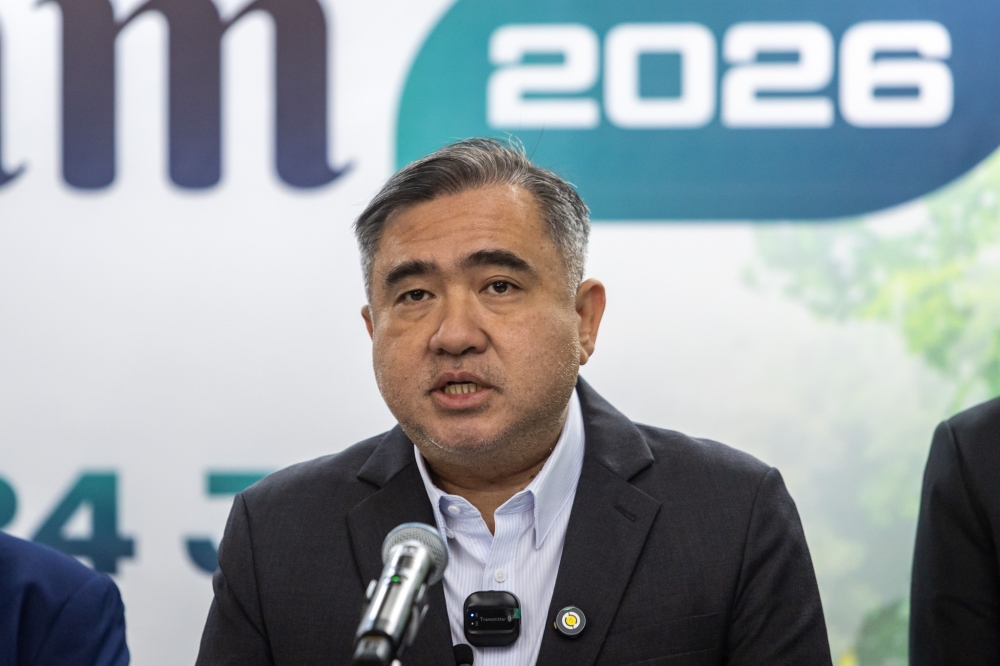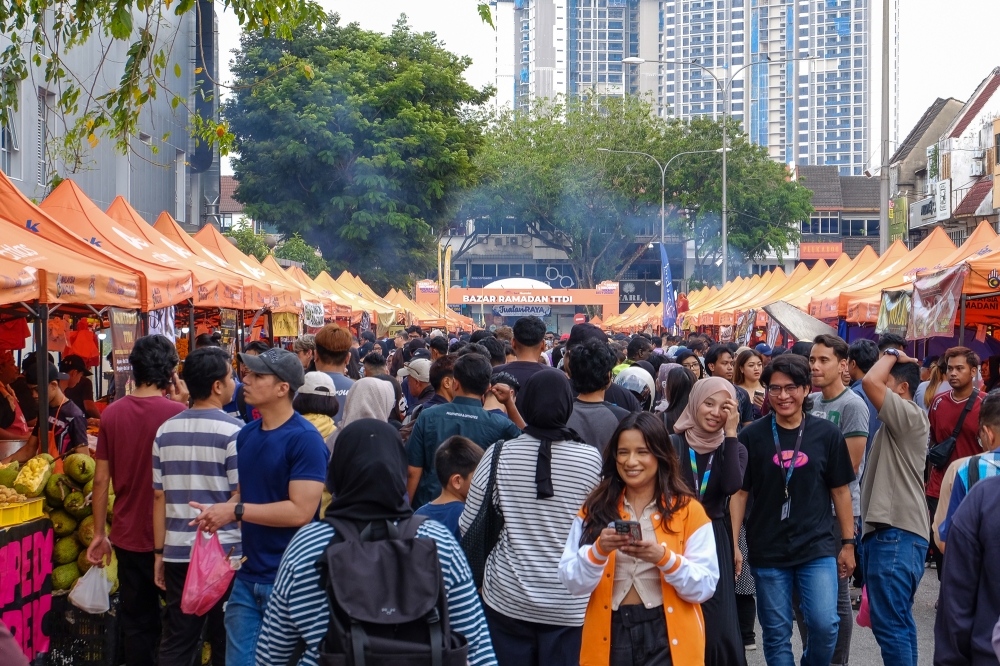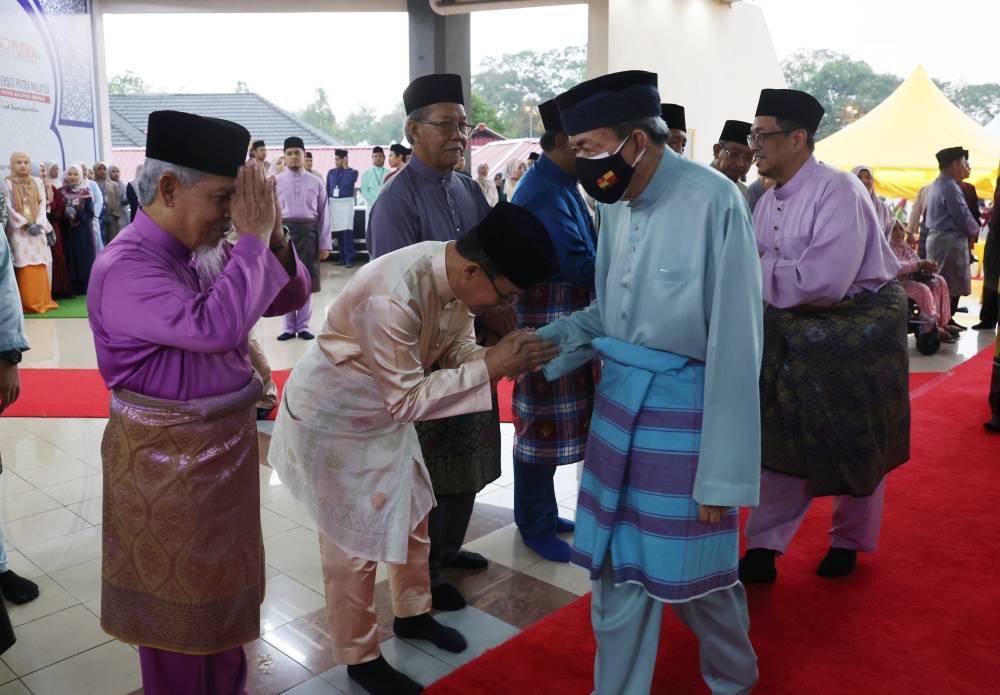KUALA LUMPUR, Jan 29 — Kinabatangan MP Datuk Seri Bung Moktar Radin has pledged to support Pakatan Harapan’s (PH) effort to combat child marriages.
In an interview with Malay Mail, the fifth term MP pointed out that there have been more negative implications than good, which comes out of such arrangements.
He said that such practices must not be supported even if it is permitted by religion.
“I myself don’t agree.
“Maybe it is good for religion, but not good for the community and not good for their (children’s) future. So this issue has to be managed wisely. We cannot be emotional, because religion permits it, so we too want to go ahead with it. That just won’t do,” Bung said.
While data is scant, Deputy Women, Family, and Community Development Minister Hannah Yeoh in July last year announced 14,999 child marriages were recorded between 2007 and 2017, of which 10,000 were Muslims.
Statistics also pointed to Sarawak having the highest number of registered child marriages.
Meanwhile, the Child Rights Coalition Malaysia reported that records in 2009 showed that 32 children under the age of 10, 447 children between 10 and 14, and 8,726 children in the 15-19 age group underwent pre-marital HIV tests.
The coalition’s data also showed 900 child marriages were approved in 2011 and 1,022 in 2013.
However, all that came to a head when in July last year, when a 41-year-old man from Gua Musang married an 11-year-old girl in Thailand.
In September, a 44-year-old man in Tumpat took a 15-year-old girl as his second wife after approval from the Shariah Court.
Both cases ignited strong public interest, which led to Prime Minister Tun Dr Mahathir Mohamad on Oct 20, issuing an order to all state governments to raise the minimum legal age for marriage to 18 years for Muslims and non-Muslims.
During the interview, Bung also expressed concern over the risk of increased divorce cases in such marriages.
“I don’t agree to this because to me marriage is something that needs to be managed properly. There must be maturity.
“It is no use if you marry today, and tomorrow or the day after, you’re divorced. What is the point?” he asked.
Under the Law Reform (Marriage and Divorce) Act’s Sections 10 and 12, non-Muslims can only be legally married if they are aged at least 18 and will require parental consent for marriage if they are below 21. Under this law, they are considered minors if they have yet to turn 21 and are not widows.
But the same law provides for an exception, where a girl aged 16 can be legally married if the state chief minister/mentri besar or in the case of the federal territories, its minister, authorises it by granting a licence as do ambassadors, high commissioners and consuls in diplomatic missions abroad.
As for Muslims, the minimum legal age for marriage in the states’ Islamic family laws is 18 and 16 for a male and female respectively, but those below these ages can still marry if they get the consent of a Shariah judge.
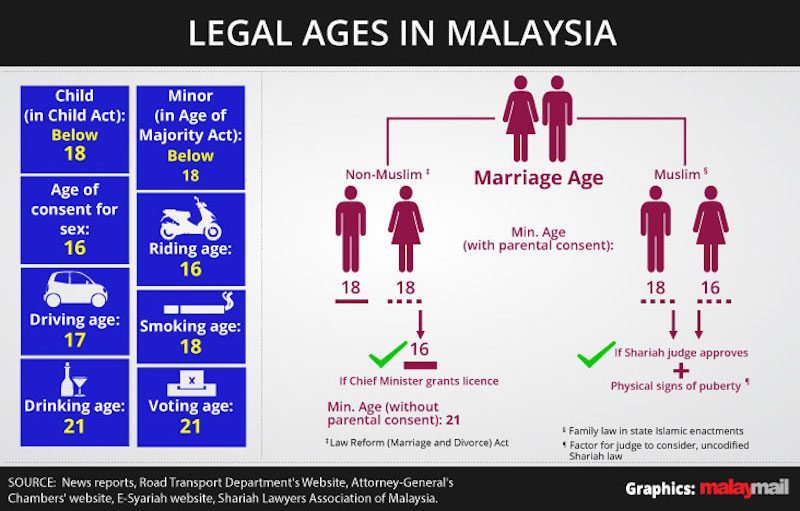 A local study by Universiti Kebangsaan Malaysia (UKM) found there is no standard operating procedure to guide Shariah Court judges through the child marriage application process, as they often rule from the position that child marriage is a viable solution to premarital sexual activity and pregnancy out of wedlock.
A local study by Universiti Kebangsaan Malaysia (UKM) found there is no standard operating procedure to guide Shariah Court judges through the child marriage application process, as they often rule from the position that child marriage is a viable solution to premarital sexual activity and pregnancy out of wedlock.
According to case files and judges’ notes made available to researchers, reasons that Shariah Court judges gave for approving child marriage applications included the children’s ability to support a family and manage a household, their memorisation of basic Islamic teachings and the availability of family support after marriage.
Reasons for rejecting marriage applications included any evidence of coercion, lack of consent from a guardian, a lack of knowledge of basic Islamic teachings, unemployment (for male applicants) and a criminal record.
After an analysis of case files (2012 to 2016) from the Shariah Courts of seven states, the study reported that of 2,143 applications for child marriage, only 10 were rejected.


